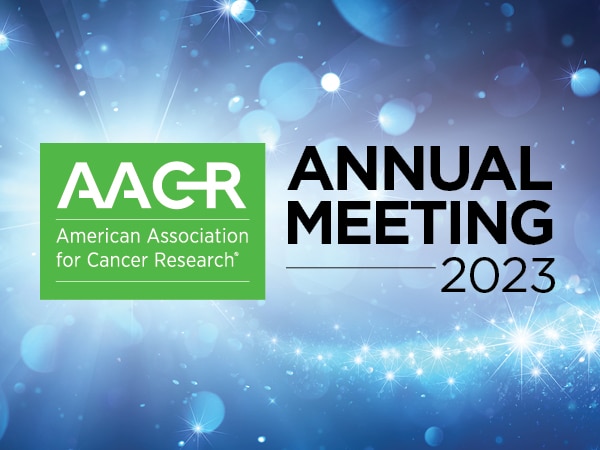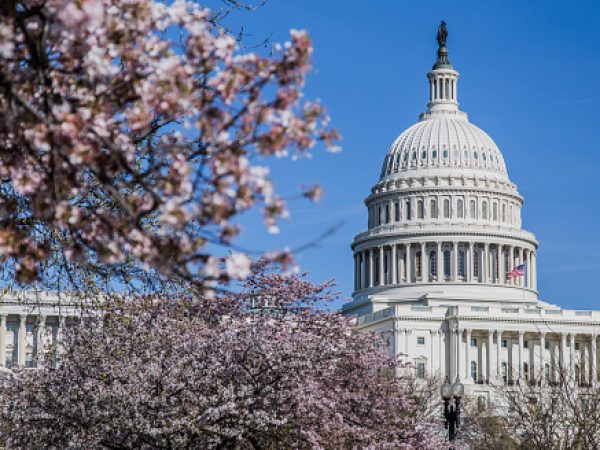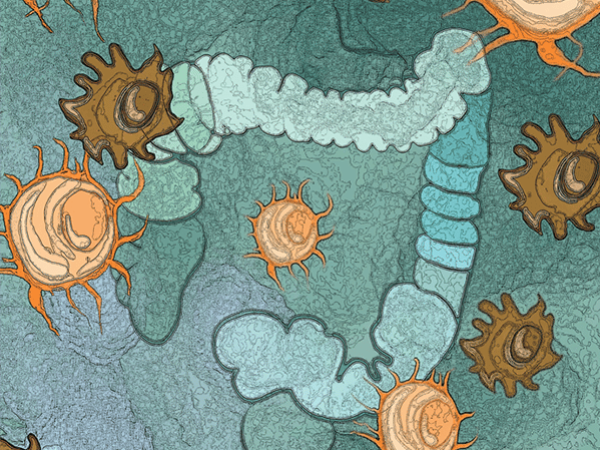AACR’s Global Scholar-in-Training Awardees Attend the 2020 Virtual Annual Meeting II
In June 2020, the American Association for Cancer Research (AACR) hosted the second class of Global Scholar-In-Training Awardees (GSITA) during Virtual Annual Meeting II. This cohort of 14 young researchers from around the world joined us virtually, eager to share their knowledge and draw upon the global brain trust of cancer scientists attending the AACR’s 111th Annual Meeting. Recipients also participated in a virtual networking and mentoring event hosted by the AACR.
The 2020 GSITA awardees were selected through a rigorous, peer-reviewed process. They represented Argentina, Brazil, China, Colombia, Ethiopia, The Gambia, India, Malaysia, Nigeria, Pakistan, and Turkey. They were chosen for their outstanding promise as early-career researchers, with the hope that they would apply the education and inspiration they received from the meeting to their work in their home countries.
The 2020 awardees were understandably disappointed that the pandemic deprived them of the opportunity to travel to the Annual Meeting in person. The AACR, recognizing that there would be missed chances for the 2020 GSITAs to network and engage with one another, hosted three virtual engagement opportunities for awardees: a Flash Presentation Poster Session, where each awardee introduced themselves and their work as a teaser to their poster presentation later during the Annual Meeting; a Career Development Session featuring advice from cancer research experts from around the world; and a Slack Workgroup for attendees to use throughout the conference. These initiatives helped awardees connect on a professional and personal level despite the distance, and shed light on how the AACR can continue to build international relationships and networks.


during the AACR Virtual Annual Meeting II.
Julia Fleck, PhD, assistant professor at Pontifical Catholic University of Rio de Janeiro, Brazil, said, “I was completely blown away by the sessions and the Slack dynamics. The Virtual Annual Meeting and the GSITA program were among the most meaningful events that I’ve ever attended, both personally and professionally.”
In planning the career development session, the AACR was able to capitalize on the virtual platform and invite panelists from a wide geographic range. Varsha Gandhi, PhD, of The University of Texas MD Anderson Cancer Center in the U.S.; Ioana Berindan Neagoe, PhD, of Iuliu Hatieganu University of Medicine and Pharmacy in Romania; Tiago Medina, PhD, of A.C. Camargo Cancer Center in Brazil; and John Groopman, PhD, of Johns Hopkins Kimmel Cancer Center in the U.S., provided valuable expertise. Priyanshu Sharma, who is pursuing his PhD in cancer biology at the Indian Institute of Technology in Chennai, India, shared, “the professional development session was really useful in terms of overall career development, both in academic and industrial settings.” Panelists responded to a range of questions on how to succeed in the cancer research field, and they offered insight and advice on building international partnerships and conducting research in low-resource settings.
The GSITA Slack Workgroup aimed to replicate the encounters one might have at a conference, for instance, walking from event to event or grabbing coffee with a friend or a new acquaintance. These opportunities are valuable in fostering professional connections and learning about presentations one could not attend. Awardees shared live comments in reaction to conference presentations, providing dynamic engagements and proactive information sharing.
An essential component of the GSITA application is the promise of paying forward learning from the Annual Meeting and GSITA program to colleagues at home. In this case, the virtual format may have potentially made it easier for awardees to share information in their home countries. With virtual content free and available for up to three months, some awardees encouraged students and peers to register for the meeting so that they could review presentations together over an extended period.
Maria Isabel Melo Escobar, an awardee from Colombia who is currently pursuing a master’s degree in cell and developmental biology at the Institute of Biomedical Sciences at the University of São Paulo in Brazil, used her expertise in science communication to creatively present her findings from the Virtual Annual Meeting II in the form of an infographic, which she shared among colleagues and on social media.
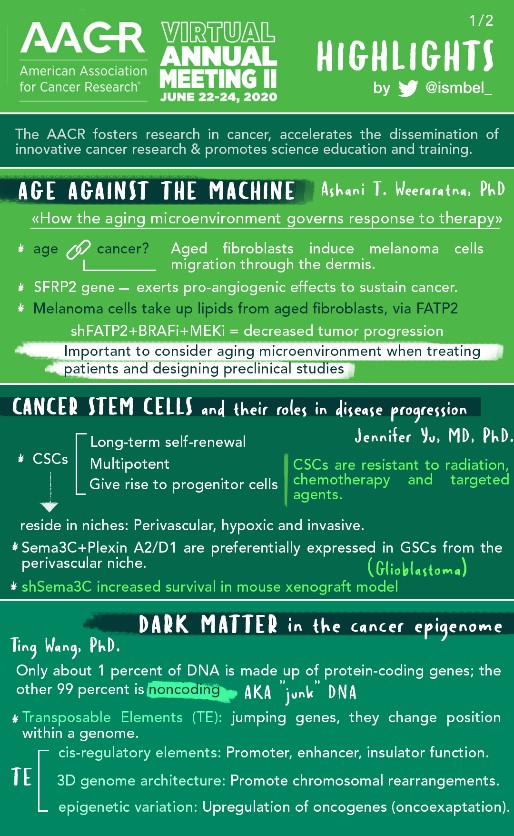
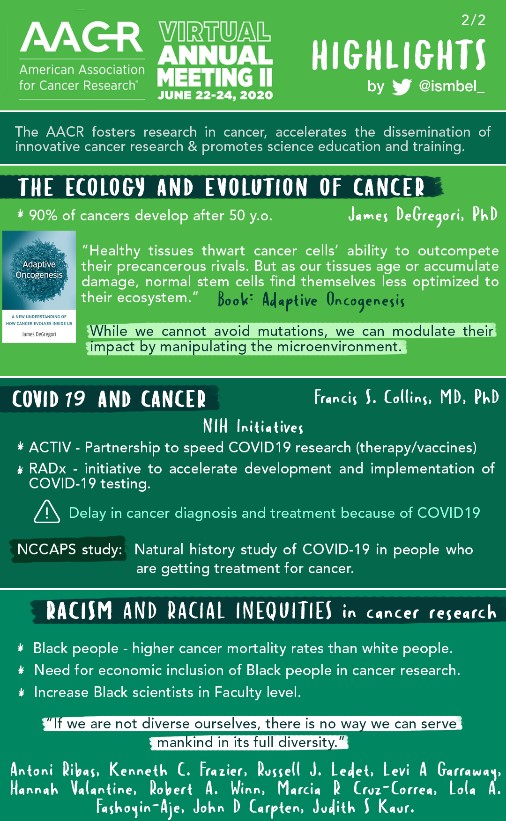
“Attending the Virtual Annual Meeting II exceeded my expectations,” Melo Escobar said. “I was pleasantly surprised to experience how the virtual lectures were arranged in a way that made it easier than some in-person events I’ve attended to visualize the research, consider questions, and write down notes. I was even able to contact some of the speakers via Twitter and share my impressions and highlights from their amazing presentations.”
Other awardees found specific information that could be useful in their home setting. Fabiana Rossi, PhD, a postdoctoral researcher at Austral University in Argentina, said a session she attended gave her ideas on how to reduce time for diagnosis and decision-making in the clinic. Nethia Mohana Kumaran, PhD, senior lecturer at Universiti Sains Malaysia, commented, “Talks on data-driven approaches for choosing combinatorial therapies were really interesting. I learned a few ways to experiment on several different drug combos at any one time rather than testing them one by one.”
The coronavirus pandemic has made the cancer field more aware than ever of the value of international collaboration for sharing information and finding medical cures. Chengshi Wang, MD, assistant researcher at West China Hospital, Sichuan University, China, explained, “The GSITA program sets apart researchers by giving them access to a diversity of global and cultural knowledge. It gives us more tools to navigate complicated situations at home and abroad. It shows that you have initiative and self-direction.” This year’s class of GSITAs went above and beyond in displaying these qualities. They were driven to apply for this prestigious award; they adapted when the Annual Meeting went virtual; and they thrived in the new format.
The move to an online platform made the Virtual Annual Meeting II and the 2020 GSITA program a unique and groundbreaking experience. We hope to incorporate some of the lessons learned and platforms used during the virtual GSITA programs to strengthen our future programs, whether they be virtual, hybrid, or in-person. GSITA’s experience at the Virtual Annual Meeting provided a remarkable opportunity to share with the global cancer research enterprise a broad range of discovery and innovation to help fulfill AACR’s dedication to foster research in cancer. We look forward to staying in touch with awardees to learn how their experiences will continue to influence their work practices and career paths over the years.

